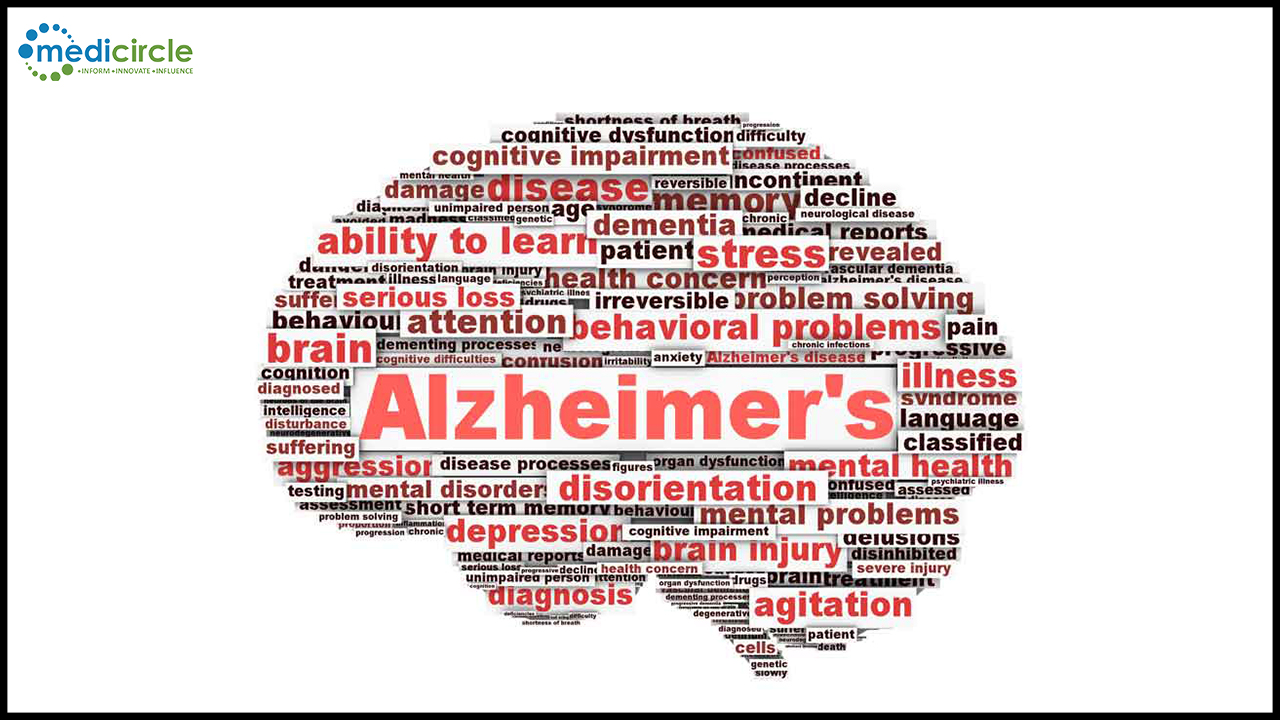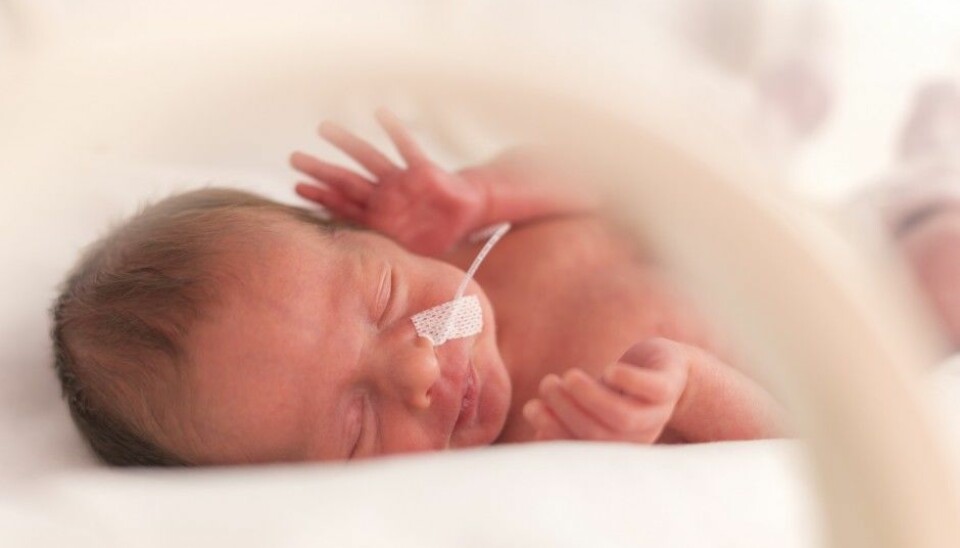The number of commercially insured Americans age 30 to 64 diagnosed with early-onset dementia or Alzheimer's disease increased by 200% from 2013 to 2017. The average age of a person living with either form of dementia is 49. The findings came from a new Blue Cross Blue Shield Association (BCBSA) report, "Early-Onset Dementia and Alzheimer's Rates Grow for Younger Americans," part of the Blue Cross Blue Shield, The Health of America Report® series.
These conditions are more common in women, who make up 58% of those diagnosed. Additional findings from the study include:
The number diagnosed with these conditions increased by 373% among 30- to 44-year-olds, 311% among 45- to 54-year-olds and 143% among 55- to 64-year-olds from 2013 to 2017.
Rates of diagnosis were higher in the East, the South, and parts of the Midwest, while western states showed lower rates of diagnosis.
"The increase in early-onset dementia and Alzheimer's diagnoses among a generation who typically wouldn't expect to encounter these conditions for several decades is concerning, especially since there is no cure for Alzheimer's disease," said Dr. Vincent Nelson, vice president of medical affairs for BCBSA. "Further education and research are needed to learn more about early-onset dementia and Alzheimer's, how to treat these conditions and what can be done to better prevent diagnoses."
The study also took a deeper look into early-onset Alzheimer's disease and found that more than 37,000 commercially insured Americans between the ages of 30 and 64 were diagnosed with the condition in 2017 – a 131% jump in diagnoses since 2013.
"Research has shown that Alzheimer's disease starts in the brain years before clinical symptoms become apparent," said John Dwyer, president of the Global Alzheimer's Platform Foundation. "This report shows that people as young as 30 have outward symptoms. We need more research to stop Alzheimer's disease progression in people of all ages."
An increase in Alzheimer's diagnoses among younger generations can lead to even greater economic consequences and mental stress for those that provide them care. Nearly 16 million family members and friends provided over 18 billion hours of unpaid care to persons with Alzheimer's disease in America, costing an estimated $221 billion.1 These added caregiving responsibilities are felt particularly by women, who make up 63% of this caregiving subset.2 The added stress and time commitment these caregivers incur can also lead to depression, social isolation, and financial stress.

 The reports found that number of Americans, those in the Millennial and Gen X age groups diagnosed with these diseases increased most significantly, by 373% from 2013 to 2017. Diagnosis rates increased more than 300%, the BCBSA Health Index also found that the conditions are more common in women.
The reports found that number of Americans, those in the Millennial and Gen X age groups diagnosed with these diseases increased most significantly, by 373% from 2013 to 2017. Diagnosis rates increased more than 300%, the BCBSA Health Index also found that the conditions are more common in women.




















.jpeg)

.jpg)











